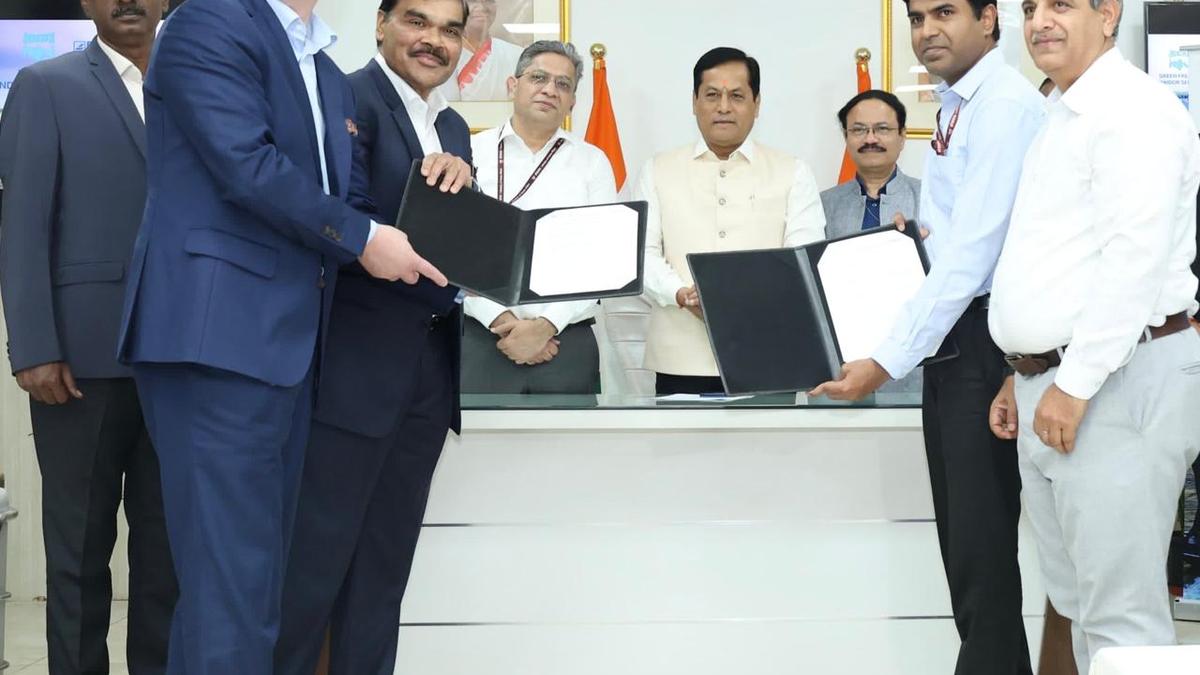
May 8, 2025
In a significant development, the Inland Waterways Authority of India (IWAI) has signed a Memorandum of Understanding (MoU) with Rhenus Logistics India Private Limited to launch barge services for cargo transport on key national waterways. The partnership entails Rhenus deploying 100 barges gradually, with an initial focus on 20 barges and 6 pushers targeting a cargo movement of over one million tonnes yearly by the end of 2025. This move aligns with the Ministry of Ports, Shipping and Waterways' vision to leverage inland waterways for sustainable and cost-effective logistics solutions. Union Minister Sarbnanda Sonowal emphasized the environmental benefits and efficiency gains of utilizing inland waterways for transportation. Rhenus Logistics will kickstart operations on the Ganga, Brahmaputra, Barak rivers, and the Indo-Bangladesh Protocol route, facilitating bulk and break bulk cargo transportation in northern, eastern, and northeastern India, with plans for expansion to other national waterways. By harnessing Rhenus's expertise in European inland navigation and its extensive fleet of over 1,100 barges, the collaboration aims to introduce global best practices in India's logistics sector. The use of a combination of pushers and barges tailored for low draft navigation will enable the transport of a variety of cargo types. The expansion of operational national waterways in India from three in 2014-15 to 24 in 2023-24, with a target of 29 by 2024-25, reflects the government's commitment to enhancing cargo movement through water routes. Cargo transport has seen a substantial increase from 30 million metric tonnes per annum (MMTPA) in 2014-15 to 133 MMTPA in 2023-24, cumulatively surpassing 779 million metric tonnes over the past decade. With 111 declared national waterways spanning 14,500 km in India, the sector is poised to revolutionize the country's multimodal logistics landscape.
Tags: Inland waterways authority of india, Memorandum of understanding, Rhenus logistics india private limited, Cargo transportation, Logistics,
Comments